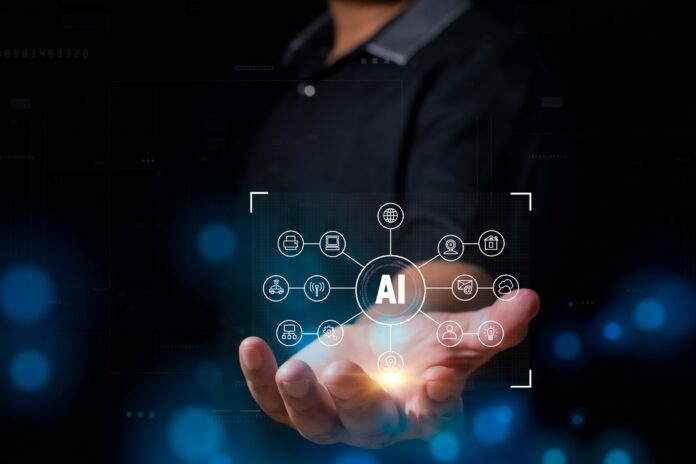‘AI will be part of the fabric of virtually everything,’ says Cisco exec
For many companies in the communications space, generative AI (gen AI) is largely taking the form of AI assistants, or a tool that supports live agents and/or customers by providing data-informed feedback to prompts. AI can improve the customer service agent workflow by suggesting answers to common questions, summarizing calls to streamline tasks and offering customer history and information for a personalized experience. At Cisco, its AI Assistant will be “everywhere,” according to the company’s EVP & GM of Security and Collaboration Jeetu Patel — in security, networking, observability and collaboration.
“Every company, every application — consumer or enterprise — is building an assistant,” Patel acknowledged, but added that Cisco’s approach is to build a single platform as the backing for its version of the AI assistance. “We have an AI assistant platform across all of our architectures. It manifests itself differently depending on the use case, but it is smart enough to ask the other platforms if I may what it might know,” he said.
Each discrete team at the company — whether it’s the networking team, the security team or the collaboration team — all contribute intelligence to a “common data lake,” he continued. The assistant is made up of this combined intelligence, and therefore, each team has access to correlated findings that can lead to a “unified, singular answer.”
Patel is excited about the future of AI, believing it will be part of the “fabric of virtually everything” and “deployed across almost every piece of technology.” However, he emphasized that there is a current state of “uncertainty” surrounding AI’s long-term impact on things like the job market, the potential for increased bias and how the data will be used.
“The potential for increased bias emphasizes the need for clear guidelines and ethical AI development to ensure a fair and beneficial integration of AI into the workforce, and organizations must keep their customers’ trust with regard to safeguarding their data and information,” he cautioned. “When integrating technologies like AI, it is essential that leaders and key decision makers keep top of mind their responsibility to mitigate potential harm and maintain trust for employees, partners and customers.” At Cisco, this burden of responsibility has taken the form of a set of principles that outline its commitment to AI governance with a focus on security, privacy and human rights.
“I believe there will be a time when every job will have an AI assistant that helps people be more productive, more knowledgeable and more thorough in the body of work they do,” said Patel.

